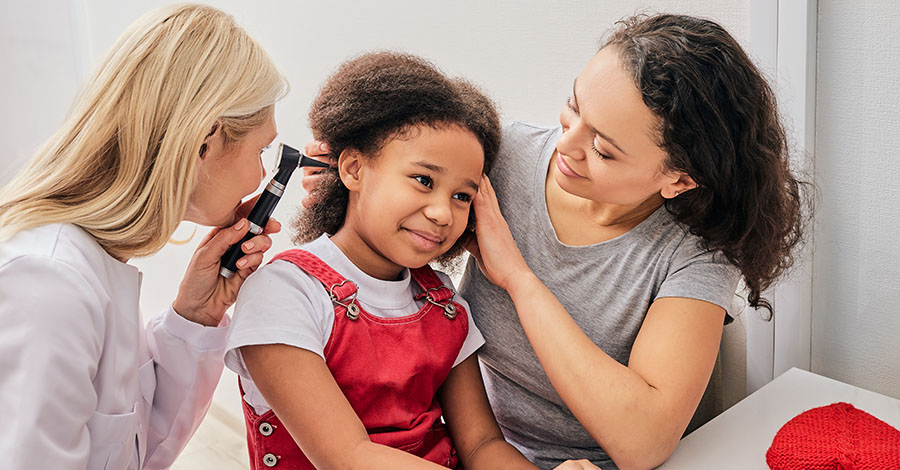
Preventative Care
'Prevention is better than cure' is the go-to motto for Dr Liane Randeree's mobile practice.
She believes that preventative care is the cornerstone of good health, and catching potential health issues early is key to avoiding more serious conditions down the line. That's why she offers various services to help you and your family stay healthy and live your best lives.
What is preventative care?
Preventative care encompasses a range of healthcare services focusing on avoiding illness or detecting potential health issues early before they become more costly and severe. This proactive approach to healthcare can help you and your family maintain optimal health and avoid the need for more invasive treatments down the line.
What are the different types of prevention?
There are 3 main types of prevention:
- Primary: This focuses on preventing disease or injury before it occurs through measures like vaccinations, healthy lifestyle habits, and regular health screenings.
- Secondary: This involves early detection and treatment of potential health issues, such as receiving a pap smear or blood pressure screening.
- Tertiary: This focuses on managing and treating existing health conditions to prevent further complications.
What can I expect at a preventative care consultation?
A preventative care consultation is the first step in your child's journey to health. Dr Liane will arrange to meet you at a location most comfortable for you, such as your home or office, and bring her equipment for various tests.
During the consultation, Dr Liane will ask you questions about your child's current health, medical history, and any concerns you have. This allows her to better understand your child's health status and pick up on any potential health risks.
What tests are done during a preventative care consultation?
Depending on your child's age, gender and health factors, Dr Liane will recommend certain health screenings and tests. These may include the following, where necessary:
- Health history: Dr Liane will ask you about your child's medical history, including any current medical conditions, medications, past surgeries and hospitalisations, and genetic conditions in your family.
- Basic checks: Dr Liane will do standardised assessments like measuring your child's pulse and temperature. These are essential health measures and can help point out potential issues.
- Physical assessment: This involves checking for abnormalities or signs of disease. Dr Liane will also check your child's eyes, ears, nose and throat.
- Blood tests: Ifnecessary, Dr Liane will draw a small sample of blood to check for various health issues, such as anaemia, infections, and kidney and liver function.
- Urine test: Dr Liane may need a urine sample for a urinalysis of your child's kidney health. This test also checks for diabetes and urinary tract infections.
- HIV screening: Part of your child's overall health check involves screening for HIV. Dr Liane will gently prick your child's finger to draw blood and check the HIV status.
How often should you do a preventative care screening?
It all depends! The frequency of visits is based on various factors, such as age, gender, and whether your child has specific health needs. However, Dr Liane recommends a medical check-up at least once a year for various health assessments.


